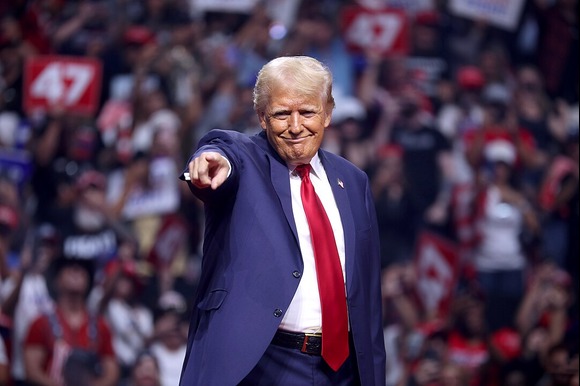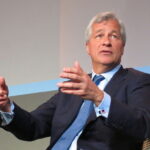In a move that seems to provide relief to numerous nations, US President Donald Trump declared a 90-day suspension of the full implementation of his new tariffs for select countries on Wednesday, April 9.
In a message posted on Truth Social, Trump stated, “Due to the disrespect China has demonstrated towards the global markets, I am increasing the tariff imposed on China by the United States to 125 percent, effective immediately. I hope that soon, China will understand that its practices of exploiting the USA and other nations are no longer viable or acceptable.”
The President of the United States continued, “In contrast, considering that over 75 countries have reached out to US representatives, including the Departments of Commerce, Treasury, and the USTR, to seek a resolution regarding trade issues, trade barriers, tariffs, currency manipulation, and non-monetary tariffs, and that these nations have, at my strong recommendation, refrained from retaliating against the United States in any form, I have authorized a 90-day PAUSE, along with a significantly reduced reciprocal tariff of 10 percent during this period, effective immediately. Thank you for your attention to this matter!”
Notably, following the US’s increase of tariffs on China to 104 percent, Beijing responded by announcing an increase in its levy on US imports to 84 percent, up from 34 percent, marking a significant escalation in the ongoing tariff conflict between the two nations.
‘Pause intended to provide time for trade negotiations’
Following Trump’s significant announcement, Treasury Secretary Scott Bessent clarified that the decision to suspend certain tariffs was meant to facilitate negotiations with important trading partners, rather than being a response to market fluctuations.
Bessent informed reporters that Trump would temporarily suspend his so-called ‘reciprocal’ tariffs on most of the United States’ primary trade partners. Nevertheless, a 10 percent tariff will still be imposed on the majority of global imports. In contrast, tariffs on Chinese products will increase to 125 percent immediately, as stated by Trump on social media.
This move appears to be an effort to shift the narrative from a widespread trade conflict to one that specifically targets China.
Markets reacted favorably to the 90-day tariff pause, with global equities experiencing a rally and bond yields decreasing from previous highs. It is important to highlight that Trump’s tariff policy has previously unsettled financial markets, raised concerns about a potential recession, and prompted retaliatory actions from both China and the European Union.






